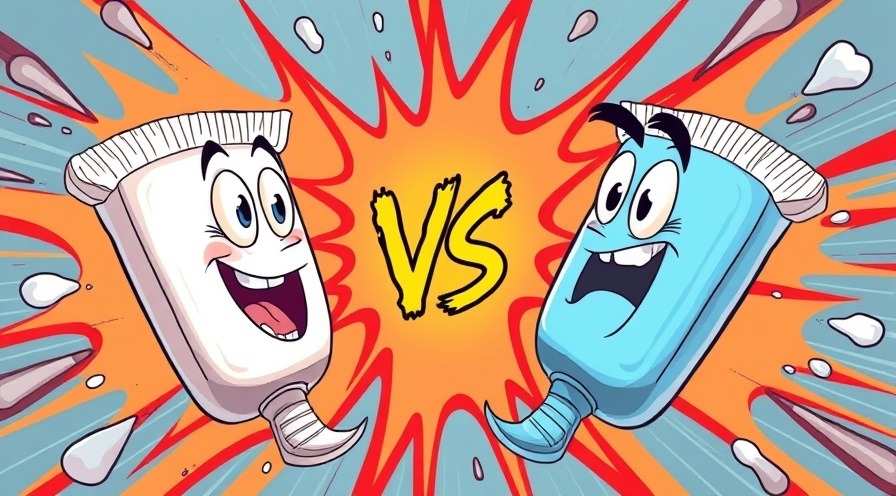
Does Polishing Your Teeth Actually Whiten Them?
If you've ever wondered whether that polishing session at the dentist truly whitens your teeth, you're not alone! Many people find themselves curious about the difference between polishing and actual teeth whitening. It’s a common misconception that polishing leads to whiter teeth; however, while it does improve their appearance by removing surface stains, it does not chemically whiten your teeth. So, what exactly happens during this polishing process?
In 'Does Polishing at the Dentist Actually Whiten Your Teeth?', the discussion dives into the relationship between polishing and whitening, exploring key insights that sparked deeper analysis on our end.
The Polishing Process: What to Expect
When you go to the dentist for a cleaning, polishing is one of the final touches. This part of the appointment often involves using a gritty toothpaste and a specialized spinning rubber cup or brush. Some offices might use an air polisher to achieve that smooth finish! The main aim? To remove those pesky surface stains—thanks coffee, tea, and red wine! This procedure offers cosmetic benefits by removing minor stains that can detract from the overall brightness of your smile.
Why Polishing is More About Maintenance
So, while polishing gives you that lovely squeaky-clean feeling post-visit, it’s primarily functional rather than purely aesthetic. You see, polishing can smooth out the surface of your teeth, making it harder for plaque to stick, which is a big win for your dental health! A smooth tooth surface not only feels great but also leads to better oral hygiene because it helps prevent plaque buildup.
Understanding the Difference: Whitening vs. Polishing
To clear up the confusion: actual teeth whitening involves products that penetrate deeper than the surface. These products use peroxide-based ingredients such as hydrogen peroxide or carbamide peroxide to break up pigment molecules lurking beneath your enamel. In contrast, polishing works solely on the outer layers of your teeth, which is why it can’t provide the same results as whitening. If you’re looking to achieve a more significant color change, you'll need to consider one of several whitening methods.

Your Whitening Options: Choosing What’s Best
When it comes to teeth whitening, there are several options available:
Whitening Strips: Affordable and user-friendly, these strips require daily use for a few weeks. They’re suitable for beginners but may shift around if you have a lot of saliva.
Semi-Custom Trays: These trays fit better than strips and stay in place well; they also provide great results for a reasonable price.
Custom Trays from Your Dentist: These are perfectly molded to your teeth and can last for years. An excellent long-term investment if you're serious about whitening.
In-Office Professional Whitening: The quickest avenue to brightening your smile, achieving dramatic results in around an hour. However, it can be pricier and might cause sensitivity.
Ultimately, all these methods lead to the same bright, white smiles, but they vary in speed and intensity of the process.
Maintaining Your Smile at Home
Once you've polished those pearly whites and considered your whitening options, it’s vital to maintain your results. Establishing a solid oral care routine will help keep your teeth looking their absolute best. Regular brushing and flossing, along with routine dental cleanings, should not be neglected!
For tailored tips and strategies that fit your individual needs, you can access a free oral care guide linked below. Being proactive with your dental health is the key to keeping your smile bright and healthy for a lifetime!
As you can see, while polishing is a fantastic way to keep your teeth clean and fresh, actual whitening takes different steps to achieve that brighter shade. Understanding these differences will help you make the best choices for your oral care routine. Cheers to a happier, healthier smile!
 Add Row
Add Row  Add
Add 




Write A Comment